MONGLA, June 7, (V7N)– On the occasion of World Environment Day, marked by the slogan "Call for World Environment Day, End Plastic Pollution," environmentalists and local community members held a sit-in program today on the banks of the Kanaingar Pashur River in Mongla. The protest, jointly organized by the Mongla Civil Society and the Mongla Upazila Fishermen's Association, highlighted the severe threat posed by plastic and polythene pollution to the Sundarbans ecosystem.
Speakers at the Thursday morning event emphasized that the Sundarbans, a UNESCO World Heritage site, is gravely affected by plastic and polythene contamination. Research findings indicating the presence of microplastics in Sundarbans fish were cited, raising significant concerns about public health.
The participants urged for a zero-tolerance policy against plastic and polythene to protect the aquatic animals and the overall ecosystem of the Sundarbans. They stressed that merely banning single-use plastic within the Sundarbans area would be insufficient; such a ban must extend across the entire coast and eventually be implemented nationwide.
Bidyut Mandal, president of Mongla Upazila Fishermen's Association, presided over the sit-in. The chief guest was Md. Nur Alam Sheikh, president of Mongla Nagorik Samaj, a prominent journalist and environmental activist. Other speakers included Mostafizur Rahman Milon, president of Service Bangladesh; Jane Alam Babu and Sumon Rana from Mongla Nagorik Samaj; Abdur Rashid Howlader, general secretary of the Fishermen's Association; and Shahadat Bepari and Md. Zahid Hossain.
In his address, Md. Nur Alam Sheikh, chief guest and environmentalist, asserted that achieving a plastic and polythene-free Sundarbans requires more than just enacting laws and regulations. He emphasized that widespread public awareness and strict adherence to existing laws are crucial for pollution eradication. He noted the pervasive presence of plastic and polythene litter throughout the Sundarbans, calling for stringent action from law enforcement agencies, including the Forest Department. He also highlighted the global impact of plastic waste, with 11 million tons entering aquatic environments annually, threatening biodiversity and human health.
Fishermen's Association President Bidyut Mondal, in his speech, underscored the severe damage plastic and polythene pollution is inflicting on the aquatic life of the Sundarbans, particularly fish. He cited a decrease in the body size and overall health of Hilsa fish due to river pollution, and reported incidents of fish deaths in rivers adjacent to the Sundarbans due to contamination. He concluded with a call to action: "Let us prevent plastic pollution and build an environmentally friendly world."
END/AHS/RH/



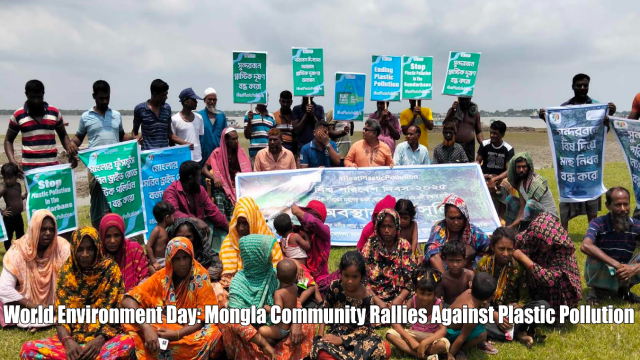

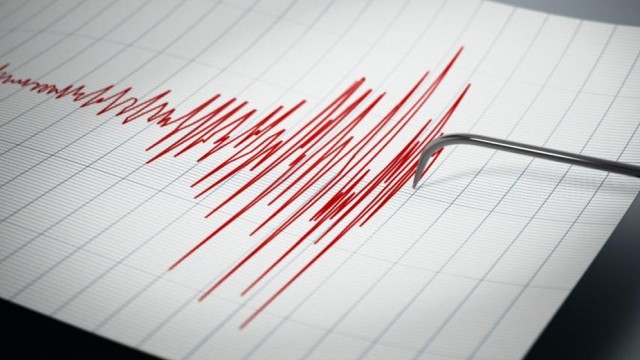
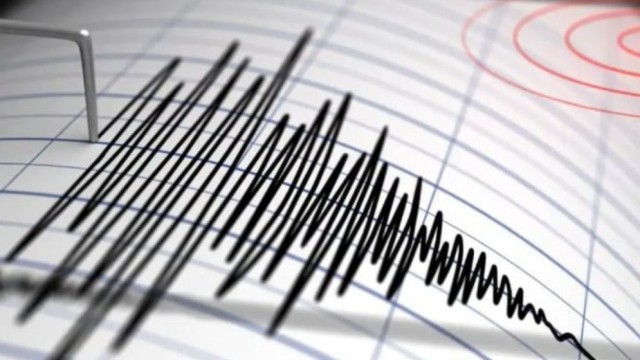

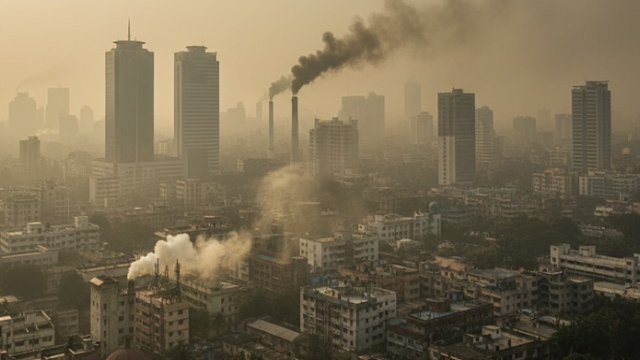

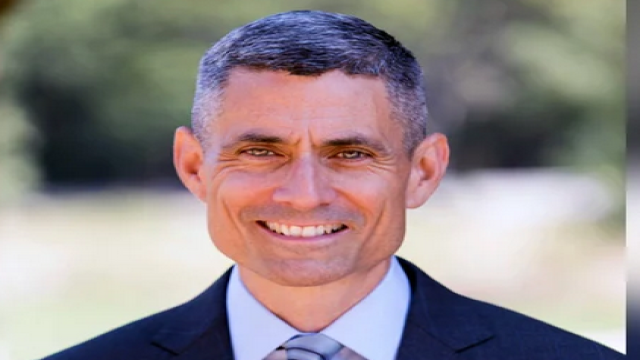
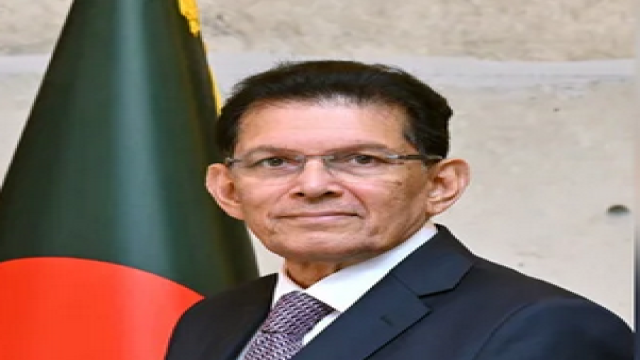
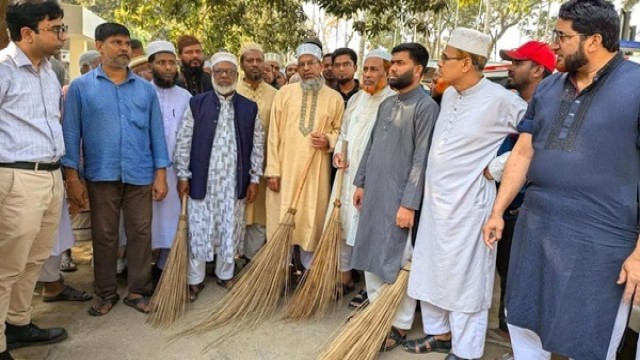
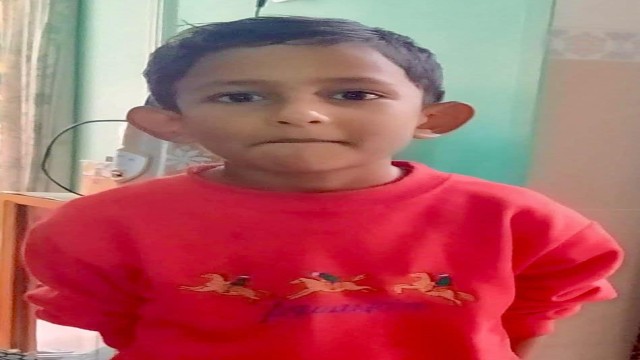


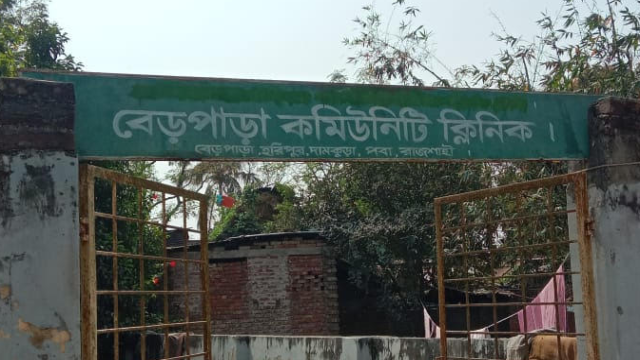
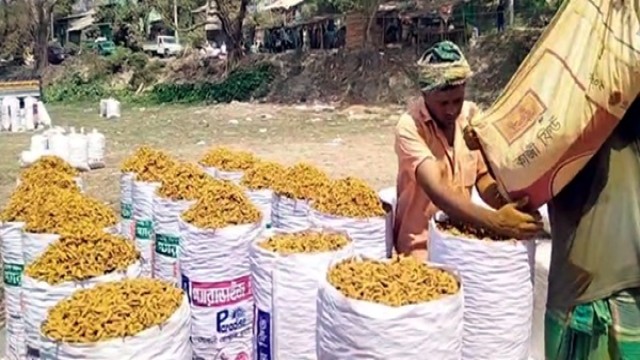













Comment: